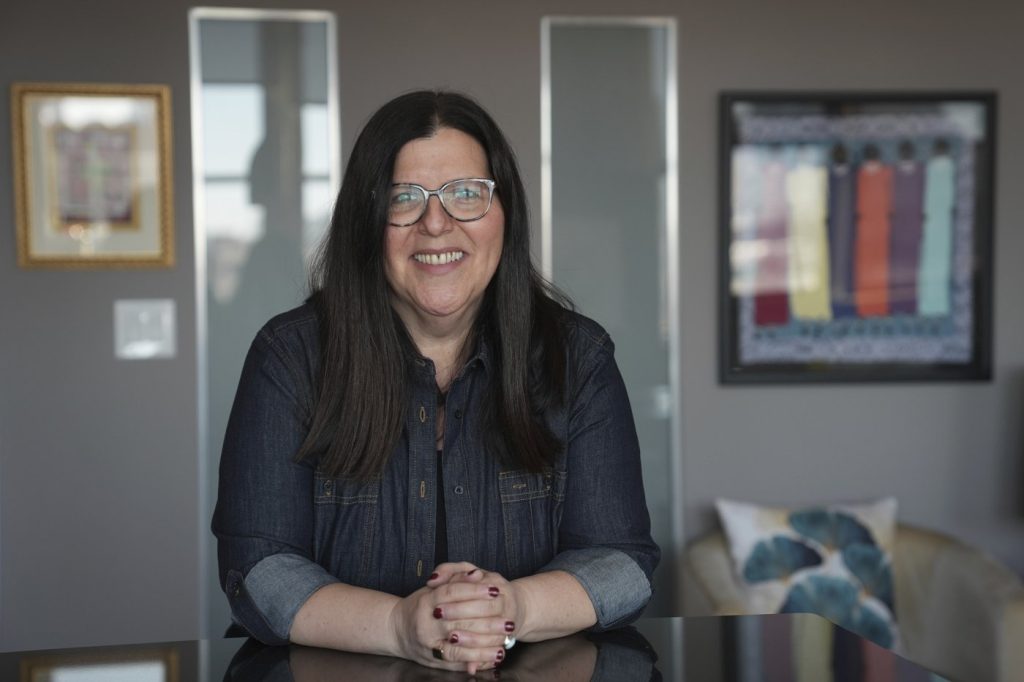In recent developments across U.S. colleges and universities, significant changes are occurring in response to the Trump administration's directives against diversity, equity, and inclusion (DEI) programs. Northeastern University in Boston has rebranded its DEI program to prioritize the concept of "belonging," framing this shift as one that embraces all students. Meanwhile, at Rutgers University in New Jersey, a planned session for students from historically Black colleges and universities was abruptly canceled due to funding suspensions impacting DEI initiatives.
The new White House orders outright ban DEI policies within federally funded programs, creating anxiety within higher education institutions that rely heavily on federal funding for various projects. In light of the threat of compliance investigations targeting universities with endowments exceeding $1 billion, many institutions are reassessing their programs, although some are hesitant to make immediate changes.
Mount Holyoke College's president, Danielle Holley, criticized the administration's vision, asserting that yielding to such pressures would not represent the values of a multiracial democracy. Holley, who is Black, expressed faith in the legitimacy of the values DEI programs embody, emphasizing that the pursuit of these values should not be diminished or disguised.
Donald Trump's administration has labeled DEI initiatives as discriminatory, suggesting severe financial penalties for educational institutions that do not comply. This follows the 2023 Supreme Court ruling that invalidated affirmative action policies in higher education, further complicating the landscape for recruiting students of color. In response, Northeastern University has redefined its approach to inclusion, with a spokesperson affirming that the essence of the university's values remains unchanged despite necessary modifications in naming and structure.
The chilling effect of these new directives is palpable, as noted by Paulette Granberry Russell, president of the National Association of Diversity Officers in Higher Education. She remarked that institutions are proactively reevaluating not only programs but also administrative positions in light of potential repercussions. The long-term implications of these changes could significantly impact both higher education and society as a whole.
At Rutgers University, the abrupt cancellation of a conference related to DEI programs caused disappointment among faculty and students. Professor Marybeth Gasman expressed her frustration, as the event aimed to benefit students from historically Black colleges and was situated within a larger federal grant initiative now at risk due to policy shifts. With hopes of securing alternative funding, she expressed concern over the program's future and the ramifications for those involved.
Concerns extend beyond specific programs, affecting research grants essential for academic inquiry. For example, California Polytechnic professor Cameron Jones voiced apprehension regarding the future of his grant to study the history of African descendants in early California, worrying about potential ideological scrutiny that may deter the pursuit of academic work related to diversity.
While some universities grapple with restrictions, students report feeling an increased sense of confusion and self-censorship in academic discussions. In Oklahoma, students have witnessed the cancellation of important networking opportunities due to similar bans, reflecting a broader atmosphere of apprehension around open discourse on campus.
In previous eras of political push-back against federally funded programs, some educators have demonstrated resilience and ingenuity. Sheldon Fields, now president of the National Black Nursing Association, recalled navigating a similar environment in the early 2000s by creatively restructuring grant proposals to secure funding without using contentious terminology. He affirmed that many professionals dedicated to DEI efforts are unlikely to abandon their work, signaling a continued commitment to advocate for diversity amidst changing political climates.
This evolving landscape in higher education underscores both the challenges posed by current federal policies and the resilient responses of institutions and individuals committed to fostering inclusivity and equity within their academic communities.










